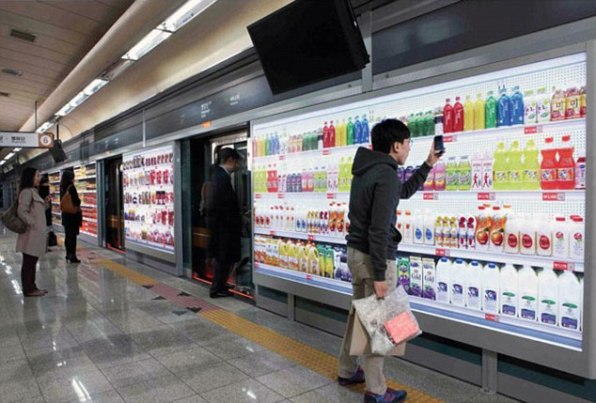Opening on December 1st and closing just five days later, Ebay will open an experimental pop-up shop on Dean Street in London, just off popular shopping thoroughfare, Oxford Street.
The store will have on display the website's 200 bestsellers, each with their own QR barcode. Punters will pay on their smartphones by scanning item barcodes and orders will be home delivered with the idea being "no queues, no bags, no stress." For those that do not have a smartphone handy, HTC phones will be loaned out at the store entrance. In place of tills will be an area with eight tablet devices for shoppers to browse the entire Ebay site.

This is not Ebay's first pop-up store, the company has trialled the concept already in New York earlier this year. The idea is to look at the future roll smartphones may play in retail, which, since the e-Commerce boom, had been shaken somewhat and is still trying to regain its footing. Ebay is not alone in this effort, with both Tesco and Ocardo trialling virtual shopping walls, with Tesco more recently taking a step further into Augmented Reality (AR). Even Amazon is trialing the idea of having a physical precence by offering collection lockers in London shopping centres so that shoppers can avoid missed deliveries.
At first thought, this writer struggled to grasp the appeal of what is effectively e-Commerce but in a physical location, however, it does appear to tackle some of the inherent flaws of internet-based shopping, which are, the difficulty of being able to take a step back and browse a large selection of products all in one go and the inability to fully scope the look and feel of a product at a reduced size or in two dimensions. QR stores and AR are genuinely interesting concepts.













